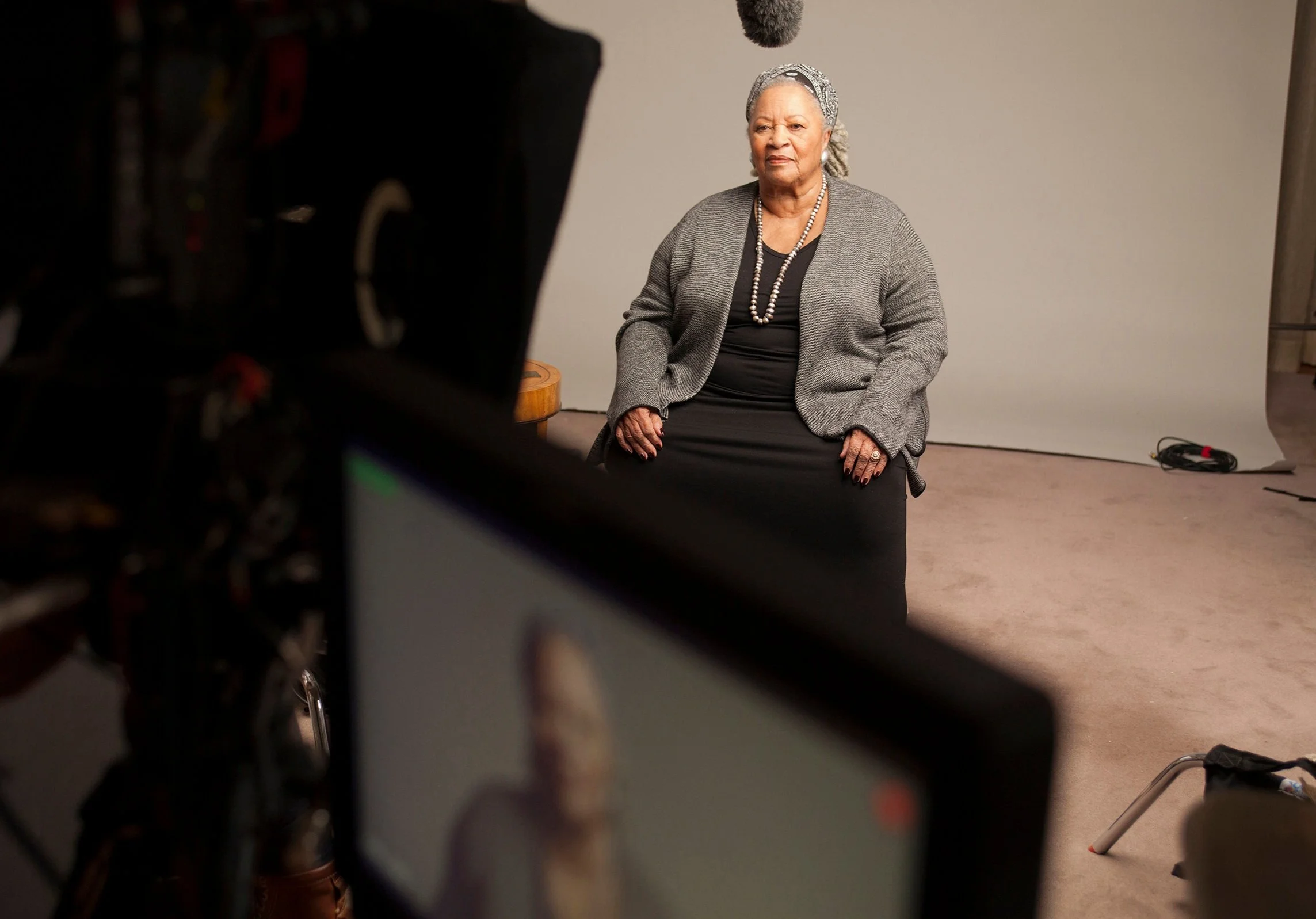Documentary Review: Toni Morrison, The Pieces I Am
Valeria Fernandez-Soriano reviews The Pieces I Am, a new documentary about Toni Morrison, her life, and her work.
Compelling, charismatic and sincere, this autobiographical documentary offers an intimate insight into the Nobel Prize winner; a writer that enchanted her readers, and a person who uplifted an overlooked demographic. The film opens showing a time lapse of Morrison’s life through a layered collage of maturing photographs, which evokes a vibrant picture of a multi-faceted African American woman, who was more often than not historically flattened into a superficial trope by mainstream media.
The film explores the importance of language as both an expression and enhancement of identity, its power extending far beyond actual understanding, as alluded to by Morrison’s witty childhood anecdotes. Western literature is built on the precept of white as the default narrative, with black expression hinging on being permitted a space. Post-abolition, Black Literature found itself degraded to a derisive punchline moulded by vicious prejudice enshrined in Jim Crow laws. Morrison recounts her dissertation experience at the historically black Howard University, where she was vehemently discouraged from focusing on black Shakespearean characters. Before achieving commercial success, others warned that affixing blackness as the essence of her work was an unjustifiable constraint on her talent.
Particularly biting is her admission of the infectious self-loathing symptomatic of internalised racism, intensely expressed in her debut novel The Bluest Eye. The concept is tragic: a surrender to the hatred projected by anyone arriving on American shores who could scrape even a residue of superiority from the knowledge that they would always be “better” than an African American. In Morrison’s words, “black people are not in the melting pot, they are the pot”. In adulthood, she became a gatekeeper of literature as the first African American female editor at Random House, and her pledge to empower fellow black writers was realised — Gayl Jones, Huey Newton, and boxing legend Muhammad Ali. She enabled these talents and their literary creations to occupy the driver’s seat, as white America drifted in the periphery.
Morrison’s devotion to giving others a voice is the guiding principle of her work. Featured personalities like Oprah Winfrey and Angela Davies speak passionately about her assertive reconstruction of the boundaries and spaces that a black woman could occupy, both in fiction and reality. Morrison was magnanimous; as an African American single working mother, she embodied all the statistical odds, yet succeeded against them, uplifting her audience with the power of refusing to feel shame for — as she put it — “the enterprise of my own voice”.
The documentary also displays black talent, splicing in visual art by Kerry James Marshall and Jacob Lawrence, music by Kathryn Bostic, and literary accolades of Toni Cade Bambara, among many others. This is particularly important in a society that has pitted women and minorities against one another in order to circumvent proper representation; its poignance is most movingly illustrated by featured poet Sonia Sanchez breaking down in tears while describing Morrison’s legacy for herself, and the wider black community. In this last project before her passing, the brilliant Morrison reminds us that there are more than enough seats at the table.


